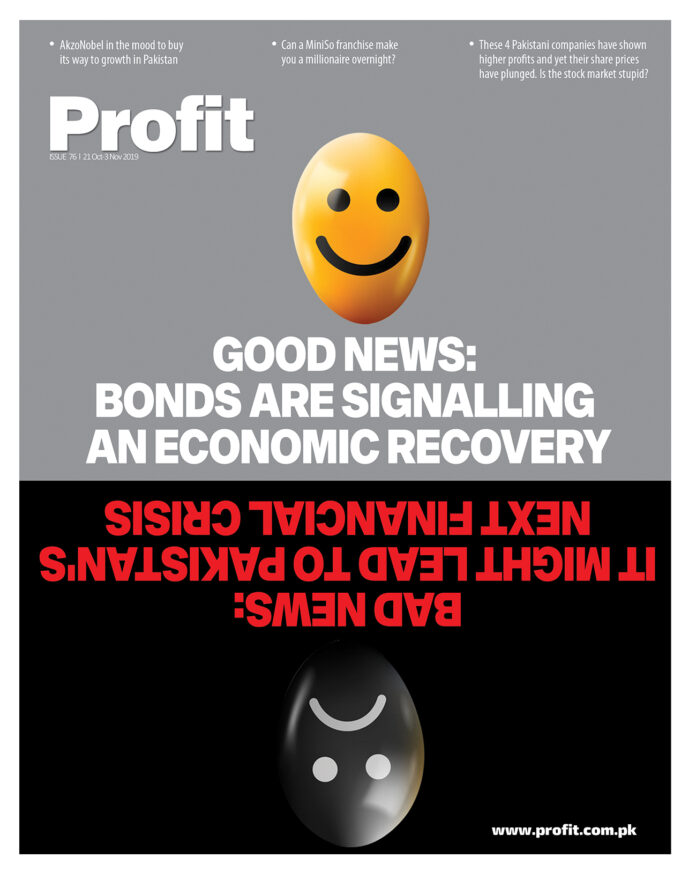
After months of speculation, at least we know where Pakistan stands: by the skin of our teeth, the country remains connected to the global financial system – for now. The Financial Action Task Force (FATF), the Paris-based global financial watchdog that enforces international standards on countries with respect to cracking down on money laundering, terrorism financing, and corruption, has concluded that Pakistan will remain on what is effectively a “grey list”, since the government and the banks have made the bare minimum amount of progress needed to ensure that the world takes the country’s attempts at reform and cleaning up seriously.
The problem, of course, is that the global body – and by extension, the whole world – can see that Pakistan did the very bare minimum, and hence Pakistan will be evaluated again in February 2020, just four short months away, to ensure that the government has made enough progress on combating terrorism financing. Of the 27 goals that Pakistan was given, the country has made reasonable progress on five, with the remainder at varying levels of completion.
This is the chance for the current administration, led by Prime Minister Imran Khan, to show that they are serious when it comes to rooting out corruption in Pakistan and restoring global investors’ confidence in the country. Taking action against terrorism financing – which is in our own national interest to begin with – would go a long way towards earning the trust of the global financial system, which wants to believe in the Pakistan story of growth and economic promise, but is reluctant owing to the government’s failures to implement the necessary controls against terrorism and money laundering, and address rule-of-law concerns more broadly.
To their credit, the government does appear to grasp the seriousness of the problem, and – barring a few superfluous comments about Indian lobbying notwithstanding – appears to be at least willing to tackle the problem. We do not deny that the Indian Foreign Office has not had the most constructive of perspectives with respect to Pakistan of late, but that should hardly matter to the government: the only reason New Delhi’s lobbying means anything is because Islamabad has left itself vulnerable to attack. Close the loopholes in our laws and their implementation, and we eliminate an unnecessary headache from the financial system and the economy. What do we have to lose?



